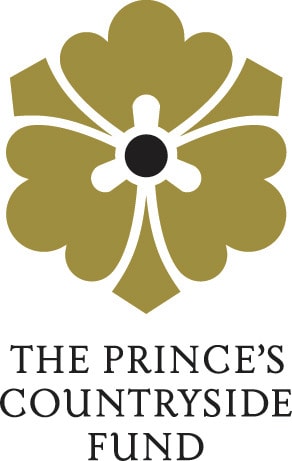At Deer Park Farm we love designing visits that fit special projects. Recently I sent emails to schools and rashly said 'We can cover English, Science, History - even Maths!' Very soon I had a request to bring a group of 25 13 year olds from a local school for a WHOLE day of Maths. My school maths wasn't great, but I use maths every day on the farm, so I said 'Yes' and started planning....
We had a brilliant day putting their maths knowledge to practical use on the farm! First, each student worked out how many more big bales we could fit in the barn by calculating the number that could fit across the length, breadth and height of the space.
Then, armed with a monster clipboard and wallpaper, we visited some suckler cows. Working in groups, they estimated calf birthweights using ratios, algebra and percentages. Then, after discussing the different breeds, they worked out the proportion of calves of different colours with recessive or dominant genes.
Next, pupils made their own quadrats and estimated % cover of clover, averaging and comparing results and discussing sources of error – such as making a quadrat that didn’t have four right angles thereby reducing its area – when errors should be minimised and when they weren't so important.
After lunch they used Hooper's Law to approximately ‘age’ our hedges. Hooper’s Law says that the number of different ‘woody’ species (trees and shrubs) growing in a 30m length of a hedge multiplied by 100 is the approximate age of the hedge, so each group got busy using either a long tape measure, a short tape measure or strides to measure 30m of hedge. They identified hedge species by comparing leaves and sticking different sorts onto card and were delighted to find that our hedges were over 500 years old! Again we discussed errors from measurement and other possible factors such as a strongly alkaline soil affecting how many species could thrive.
Their reward for hard work and great inventiveness was feeding our friendly sheep - my reward was their obvious enjoyment of maths on the farm!















